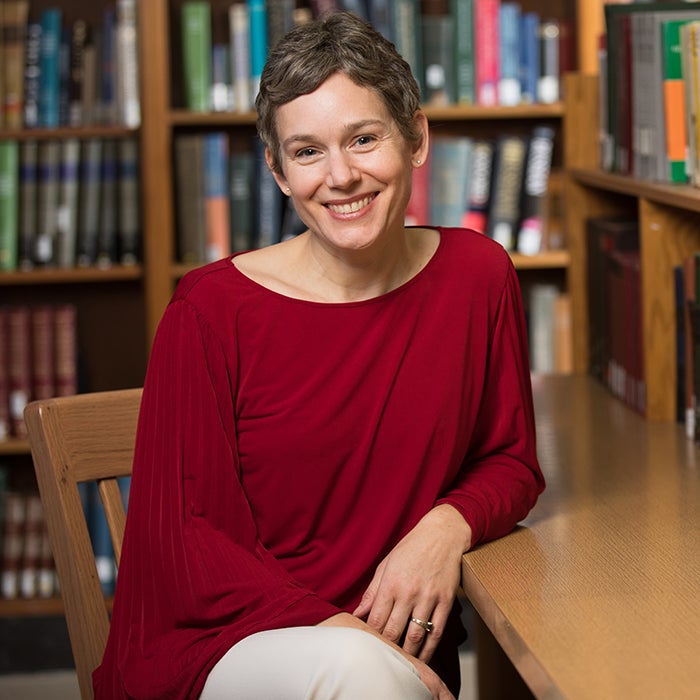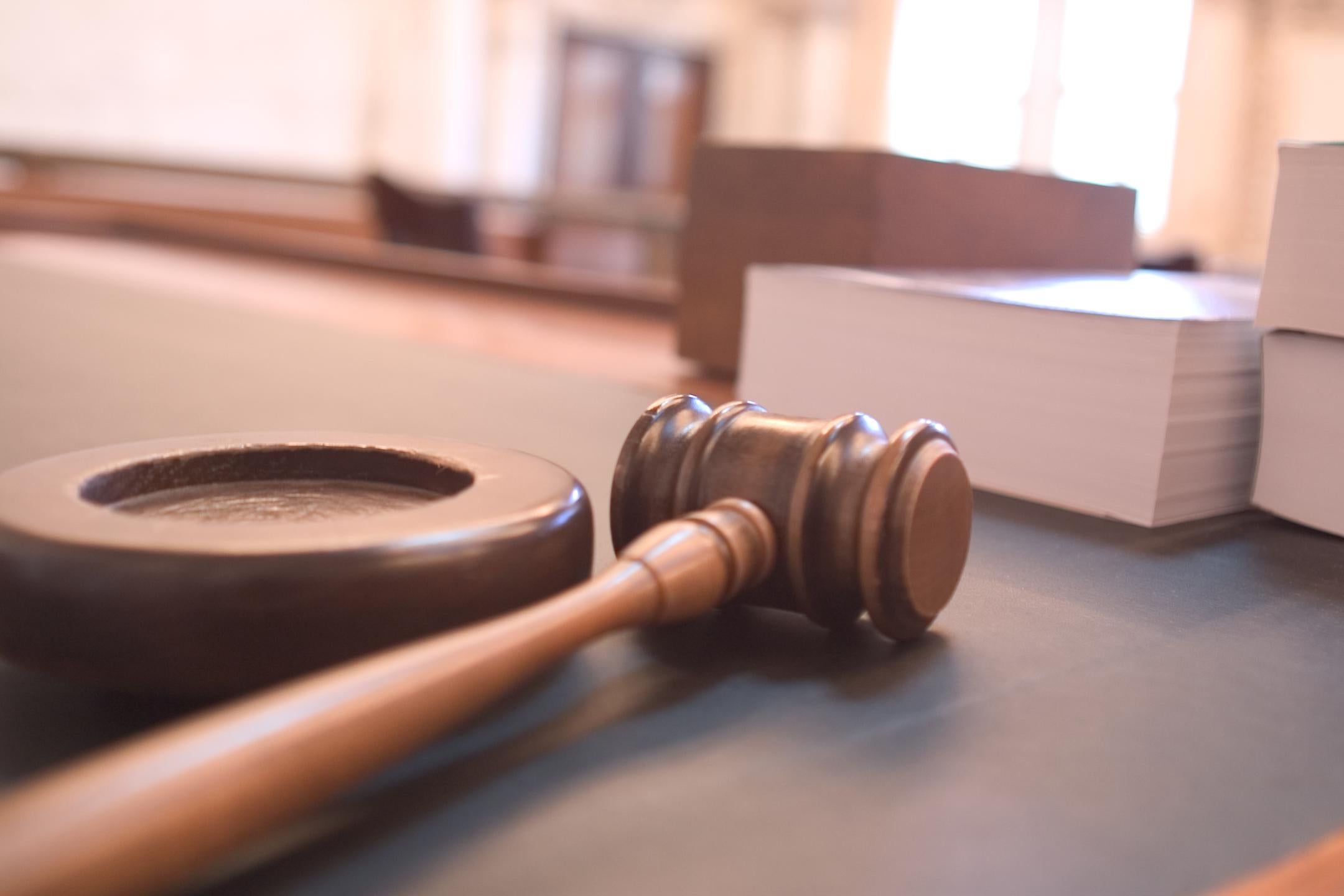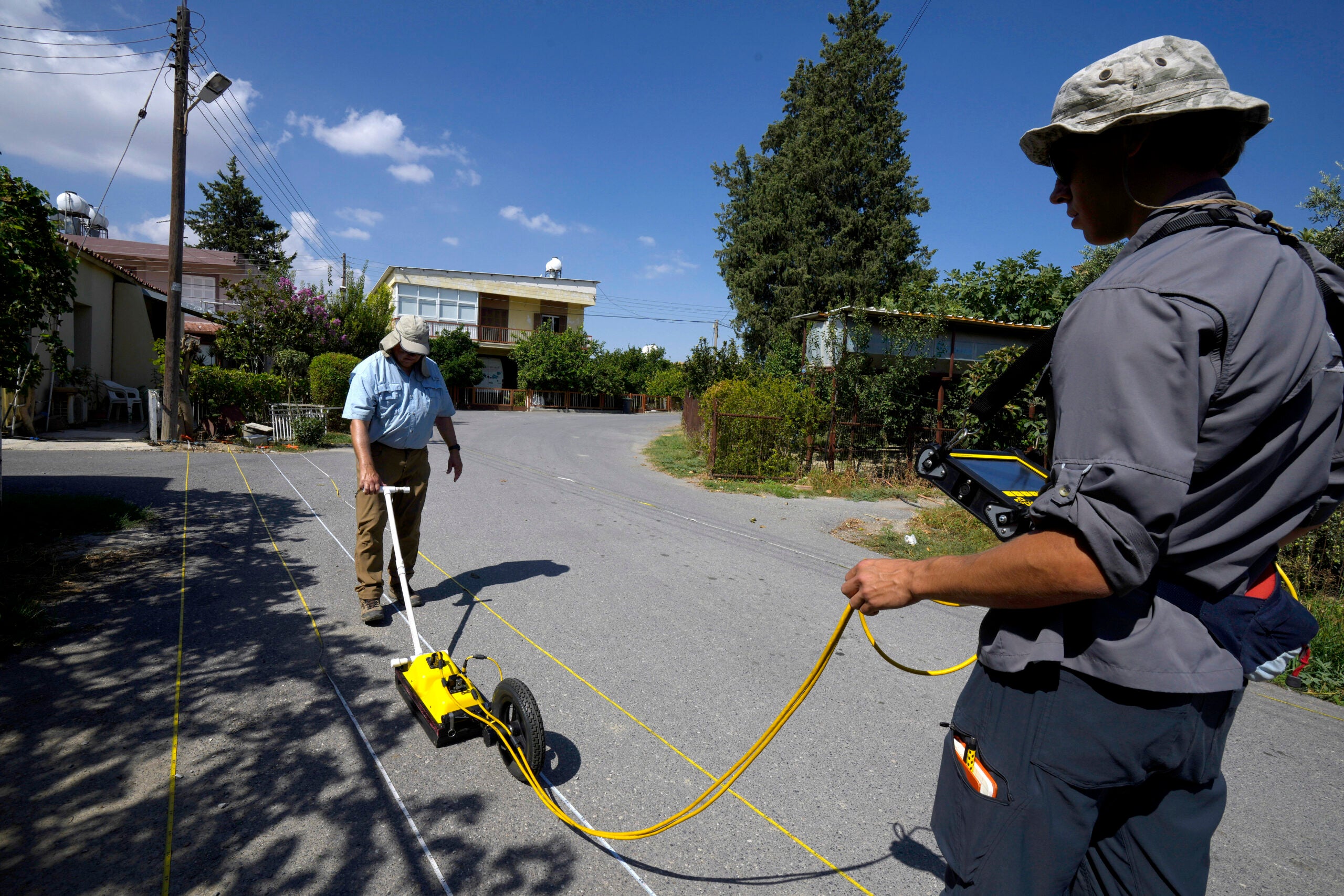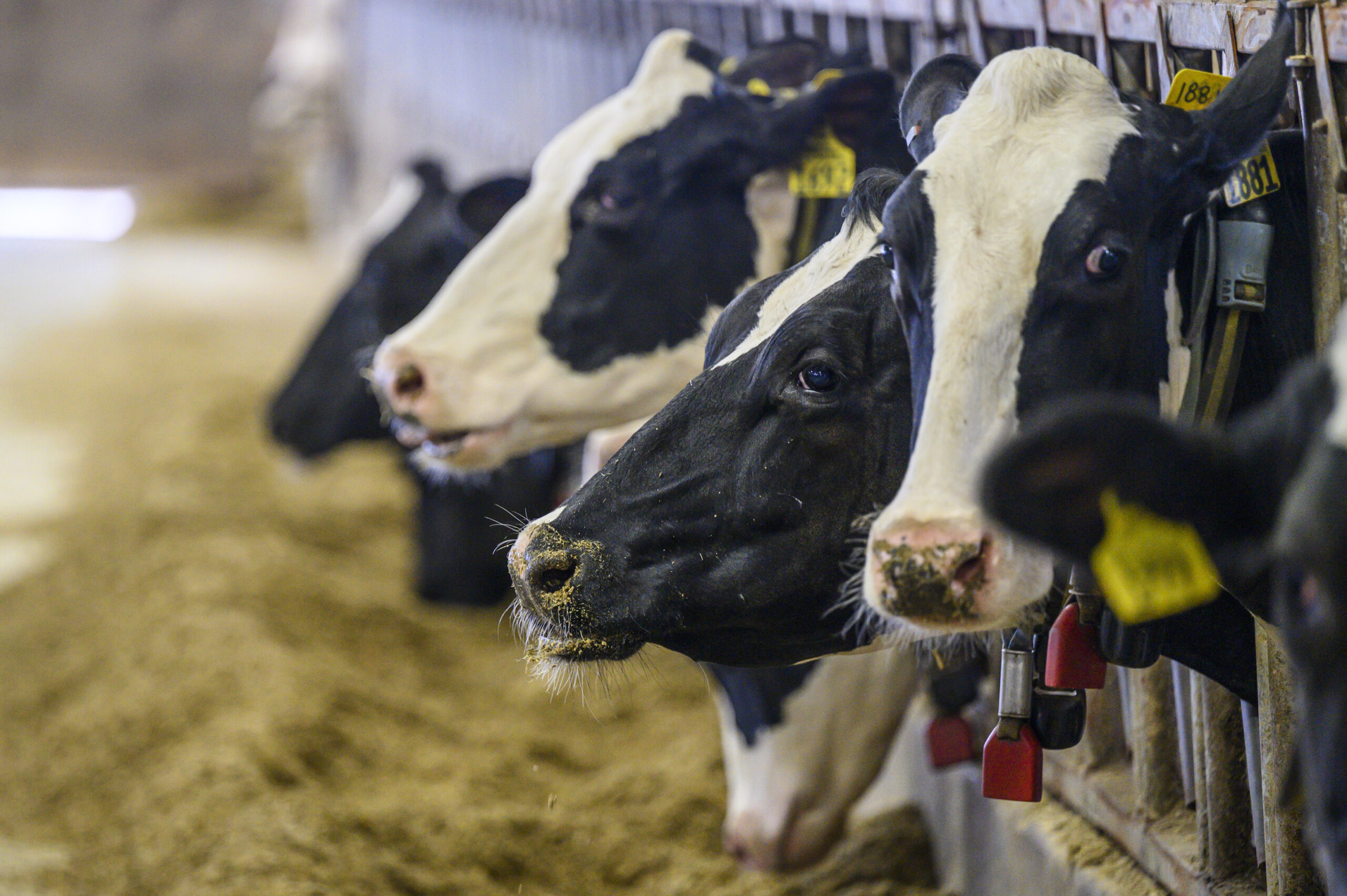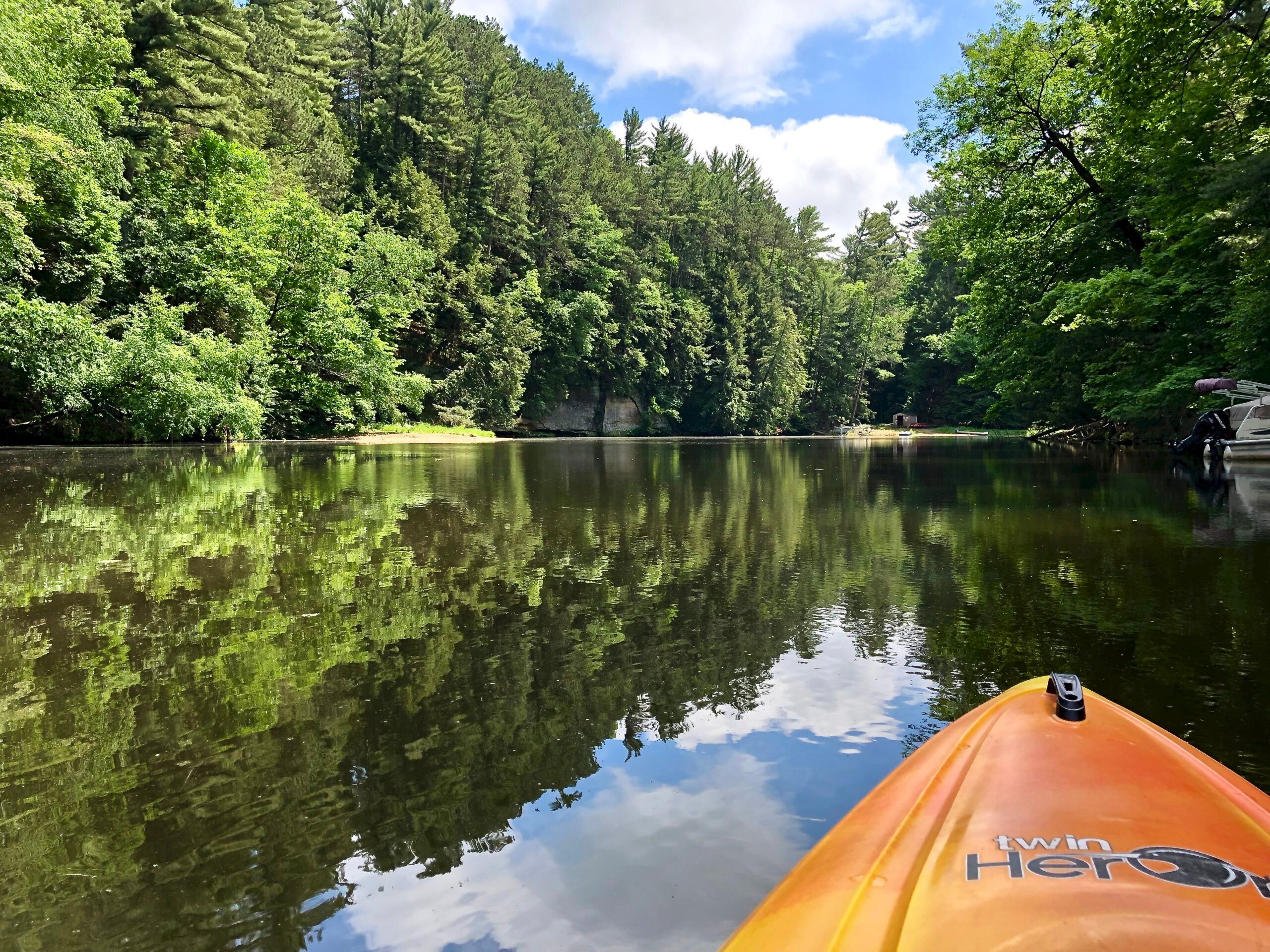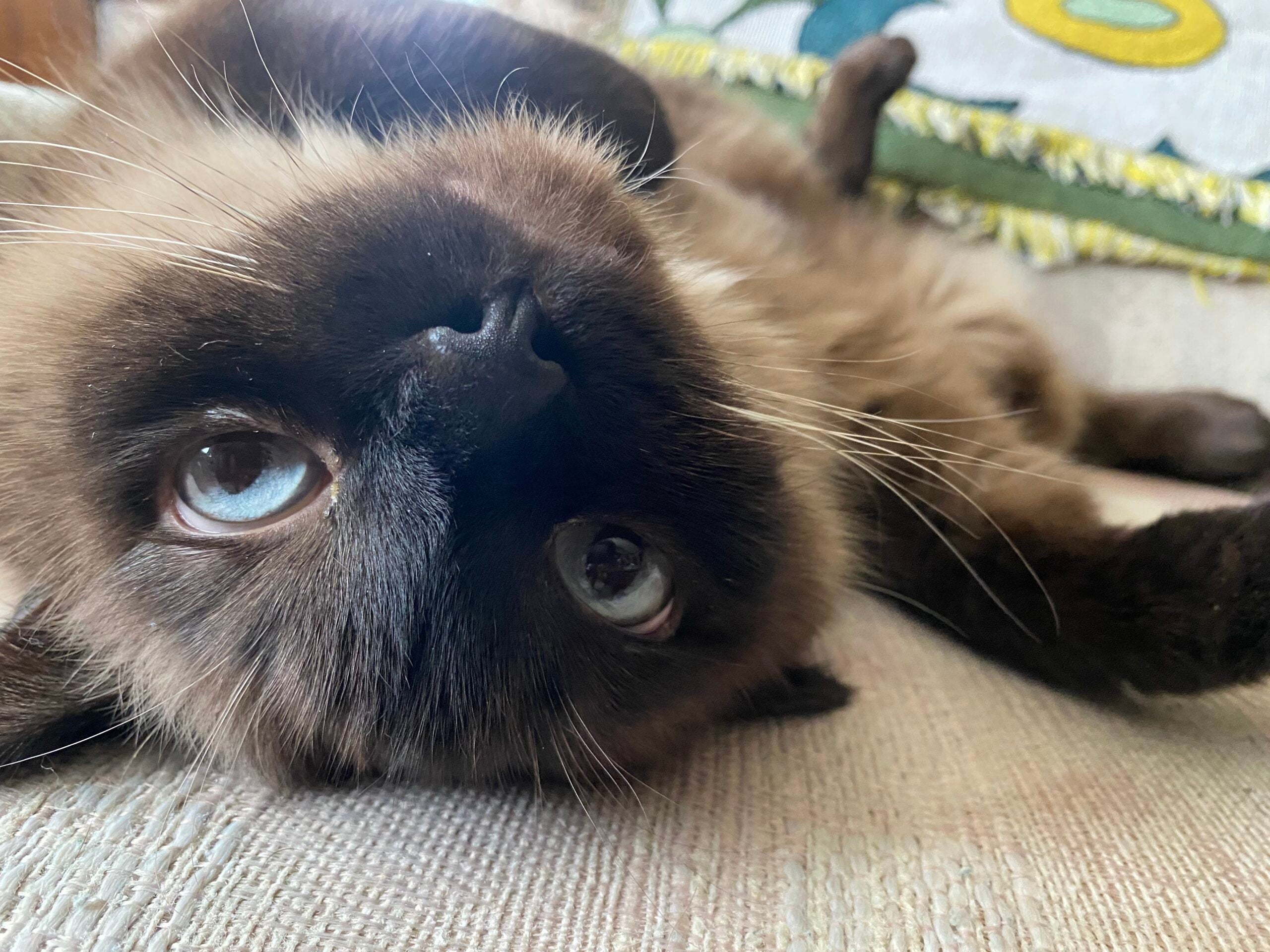Note: “The Morning Show” ended production on May 17, 2024. Archives of past programs are available below. Find Kate Archer Kent and Rob Ferrett on air and online with “Wisconsin Today,” each weekday at 9 a.m. on WPR News stations.
Next Episode
Latest Episodes
-
How to avoid probate court, History through the lens of objects
A Madison-based attorney offers advice for end-of-life planning. Then, we examine an effort to chronicle state history through objects, such as doorbells and heirloom ornaments.
-
Touring Wisconsin food culture with a Midwest chef, Locating unmarked graves
We tour through Wisconsin food history and how a Chicago chef wants people to look beyond classic meat and potatoes to understand Midwestern foodways. Then, a UW-Eau Claire geography and […]
-
What happens with our bodies when we’re asleep, The case for animal liberation
We explore the sleep cycle and how moving through the stages is vital to getting high-quality rest. Then, nearly a half century ago, “Animal Liberation Now” helped fuel the animal […]
-
A new bucket list for exploring Wisconsin Dells, The oldest Team USA snowboarder to win gold
The Wisconsin Dells has attracted visitors for generations. We explore the new book called “100 Things to do in the Wisconsin Dells Before You Die.” Then, we talk to a […]
-
What your cat is trying to say, Wisconsin key to national rise of school voucher programs
What does it mean when a cat meows? We talk with Sarah Brown, the author of a new book, “The Hidden Language of Cats: How They Have us at Meow.” […]
